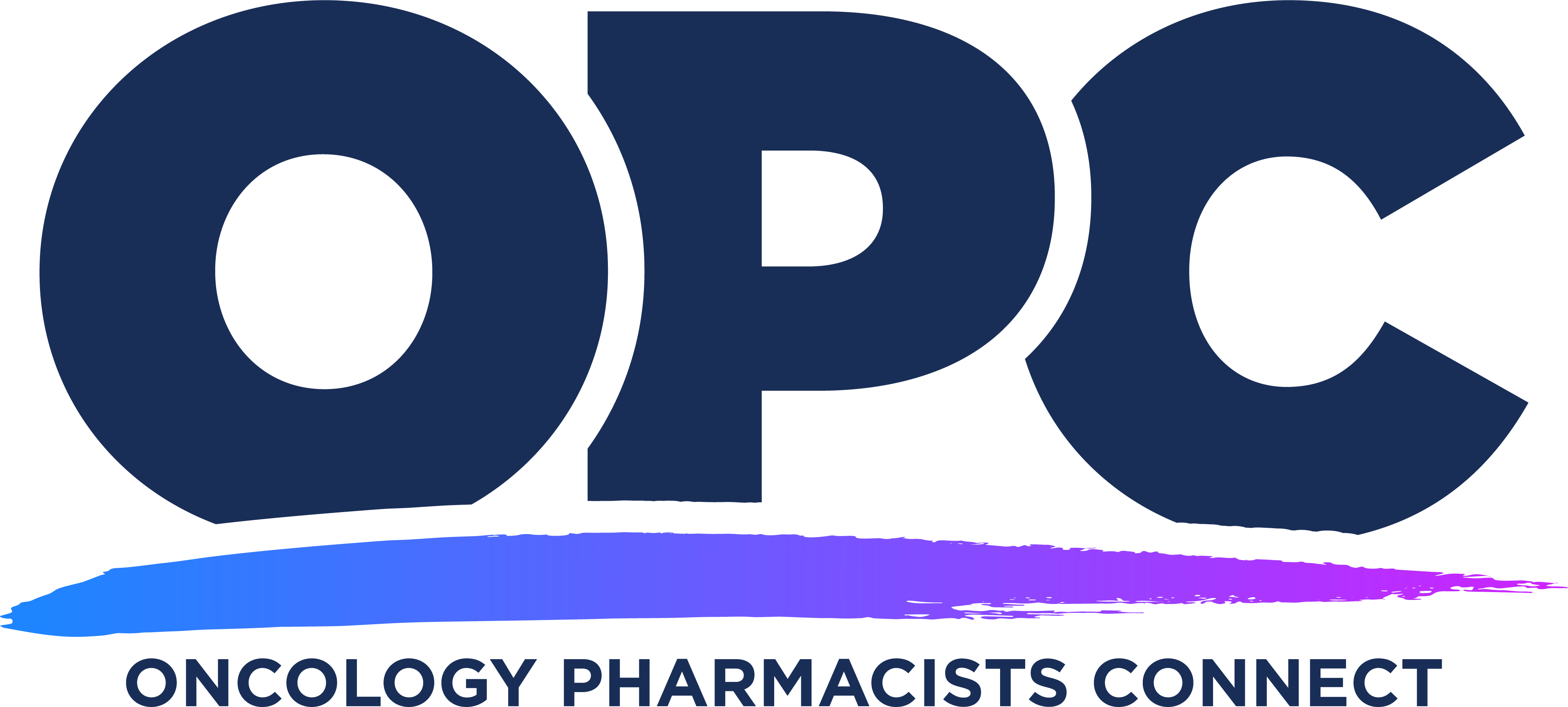
Phase 3 ADAURA Trial Non-small Cell Lung Cancer Survival Results Provide Impactful Data, But Questions for Practice Setting Remain

Panelists discuss the potential impact of the study data presented at the ASCO 2023 Annual Meeting, which led to significant response from the field.
Long-awaited overall survival (OS) results from the phase 3 ADAURA trial (NCT02511106) assessing adjuvant osimertinib (OSI; Tagrisso, AstraZeneca) in patients with resected EGFR‑mutated stage IB–IIIA non-small cell lung cancer (NSCLC)
In 2020, investigators had presented disease-free survival (DFS) results from the ADAURA trial at the ASCO annual meeting, which had led to its FDA approval. Approximately 1 year later, the health-related quality of life results were presented, showing that OSI maintains its quality of life when compared to placebo.
“But I think it's really important to talk about cost and the financial toxicity with OSI,” Talbott, senior vice president of pharmacy services at Tennessee Oncology, said during the panel discussion. “In fact, I believe in the UK the governing body, which approves drugs, didn't approve OSI for a bit for adjuvant therapy, partially because of its costs. But also, when you do the math, if a patient continues the entire 3 years of treatment, just looking at the [average wholesale price (AWP)], that's $700,000—this cost is huge.”
Talbott explained that when OS data were presented from the ADAURA trial at the 2023 ASCO Annual Meeting, this cost effectiveness discussion was brought back to the fore.
“Do these OS data change anything for how we look at costs, and what is everyone saying with this newer OS data, which was huge at the [2023] ASCO plenary,” Talbott said.
Leigh Boehmer, PharmD, BCOP, explained during the discussion that a cost effectiveness analysis for the ADAURA trial was published a couple of years ago and is a useful, well-done model that can aid in the process of beginning to look to implement these new data into practice.
“In the cost effectiveness analysis, they did some great sensitivity analyses at the time based on DFS information and projected OS of only 5%. So very, very conservatively low. If you look at the hazard ratios and the relative risk reduction of what we actually saw with these data, it does support a much more favorable incremental cost efficacy ratio calculation,” Boehmer, chief medical officer at Association of Community Cancer Centers, said during the panel discussion. “But I mean, in 2023, thankfully we're finally having conversations in rooms like this about financial toxicity mitigation, and pharmacists are at the table.”
However, Boehmer noted that it’s important to not forget pharmacists’ colleagues in oncology, social work, and other fields who are providing assistance with trips to the office for adverse effect (AE) identification and mitigation, adherence checks, specialty pharmacy assessments, referrals, and follow-up telephone calls.
“I think too uncommonly, we're thinking about the entire picture. So I was happy to see some of this. It's a much more favorable cost effectiveness ratio discussion that we can have today with this information,” Boehmer said. “But let's also not forget these data are only mature somewhere between 18% and 20%, so who really knows what we can do in terms of calculating costs related to just 18% mature OS data and a subset of the cohort for the trial?”
Amanda Cass, PharmD, BCPS, BCOP, explained these data were significant because investigators had looked at multiple other tyrosine kinase inhibitors in the adjuvant setting, which had always provided a DFS benefit, but then always failed to provide an OS benefit.
“The great thing about OSI is that it does have CNS penetration. So, we're decreasing the risk of CNS recurrence, which is pretty morbid in these patients. But again, which patients are benefiting and which patients can we stratify somehow by 3 years—there's just a lot of questions,” Cass, clinical pharmacist specialist, Thoracic Oncology Vanderbilt-Ingram Cancer Center, said during the panel discussion. “I think something that's interesting is that AstraZeneca is actually looking at 5 years of adjuvant treatment too now. So it's kind of like, okay, when will we stop? We got to figure out what definitely isn't adjuvant treatment.”
In this way, Cass explained that defining adjuvant treatment could be valuable.
“I think anecdotally, what I've seen is actually patients who receive OSI in the stage 4 setting seem to have less trouble with it than patients who receive it in the adjuvant setting,” Cass said. “I think it's partially due to these patients with metastatic disease, they have very bulky disease. So as their cancer is being treated, they're feeling a lot better.”
The AEs from the drug also don't seem too poorly tolerated, with patients willing to put up with some diarrhea, some rash, and things of that nature. However, these patients in the adjuvant setting, especially smaller, older ladies, are having trouble tolerating this, even though it's a generally well-tolerated drug.
“So you're putting patients through 3 years of treatment, and visits for that. So if they're having trouble with it, even additional visits because of that,” Cass said. “I think although this really has impacted data, there's still a lot of discussion on who are the best patients to continue this in. I think it's really important, and I don't think this is specific to ADAURA. But looking at the crossover, and the lack of patients who receive OSI at progression in the placebo arm, it's really hard to quantify the actual OS benefit when only 39% of patients received standard of care treatment at the time of progression. So a lot of discussion [to be had], and a lot of things to think about for these patients.”
Reference
Talbott M, Cass A, Boehmer L. Non–Small Cell Lung Cancer Immunotherapy: 2023 ASCO Abstracts. Presented at: 2023 PTCE Oncology Pharmacists Connect in Austin, Texas; June 16, 2023.
Newsletter
Stay informed on drug updates, treatment guidelines, and pharmacy practice trends—subscribe to Pharmacy Times for weekly clinical insights.


























